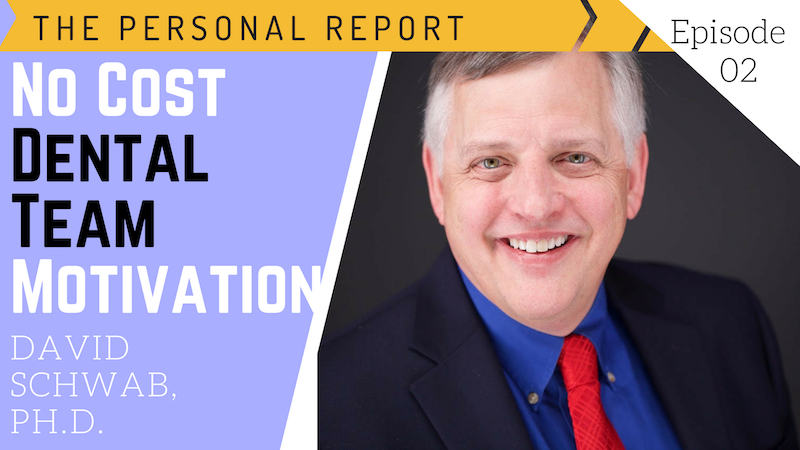Most dental team training programs have a glaring omission: clinical team members are often not trained to answer patients’ questions regarding fees. Administrative team members at the front deal with these questions every day, and many are quite adept at explaining value for the dollar with regard to proposed treatment. However, when patients turn to an assistant or a hygienist chairside and express concern about dental fees, the clinical staff are often unprepared.
It is common for back-office team members to be uncomfortable with these types of questions. They may respond by saying, “You have to speak to someone up front about that,” which is a true statement except that it is often conveyed in a halting tone that betrays a lack of confidence. The effect that financial questions have on assistants and hygienists is similar to Superman being exposed to kryptonite. Over the years, the super-human caped crusader was unstoppable—until he was exposed to material from Krypton, his home planet. Back-office team members should not lose their superpowers when a patient asks why a procedure seems so expensive.
Here are three very good answers when patients ask about fees chairside. My comments are in italics.
- Our fees reflect the quality of care provided uniquely to you. Dr. Smile uses only the best materials and technology. This statement brims with confidence and reinforces value for the dollar.
- It’s a great investment in your health. You deserve it. Patients need to hear again from their trusted assistant or hygienist that the proposed treatment is in their best interest.
- Patients tell us all the time that they wish they had decided sooner to have the treatment. Let’s go to the front and you can speak to Julie about different financial options. This transition is seamless and can be used with any of these answers.
Clinical team members are not expected to make financial arrangements or discuss fees in depth with patients. However, their verbal responses to patients’ questions about fees and body language are very important. The deer-in-the-headlights look is an expression of anxiety. When all dental team members are properly trained to handle the money question and respond succinctly with rock-solid confidence, patients feel more comfortable moving forward with recommended treatment. Practices owe it to the team and the patients to provide such training.


